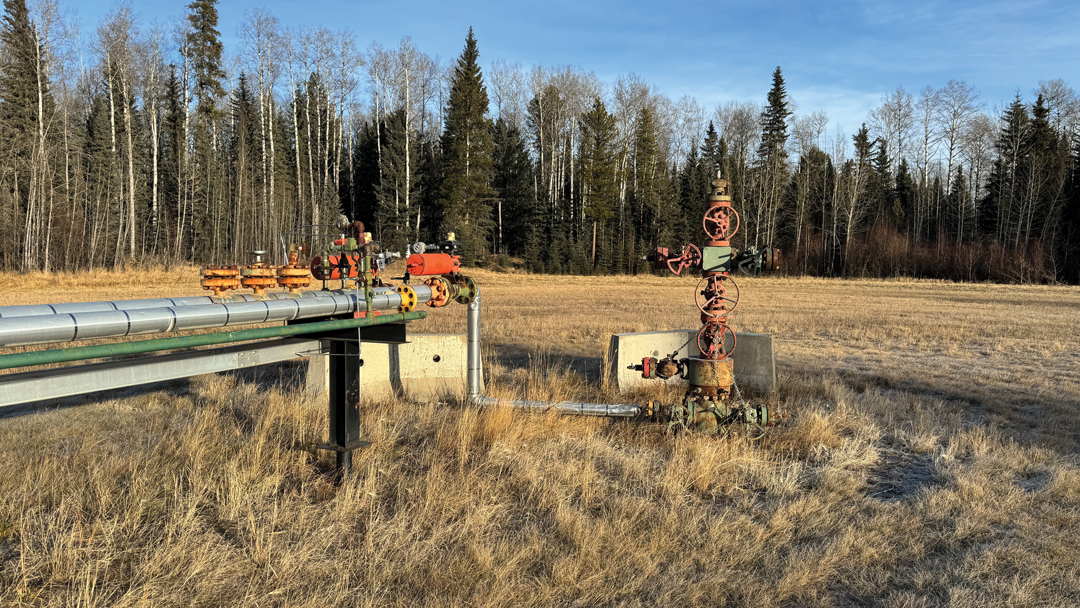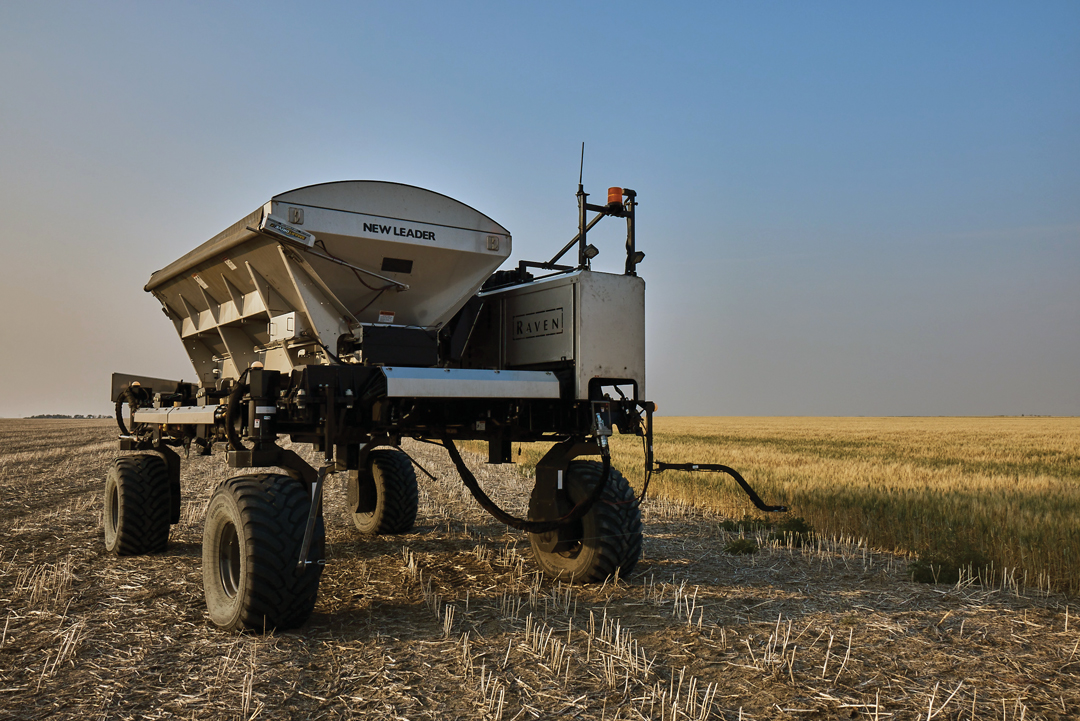THE SKY’S THE LIMIT
RECRUITING AGRICULTURE AND AGRI-FOOD’S NEXT GENERATION OF INNOVATORS
BY STAN BLADE, P.Ag.
As dean of a faculty that has more than 2,000 students (at a university with a population of 39,000-plus) I see the decisions that students are constantly faced with when it comes to their careers. And at a personal level, I have two teenagers who are choosing their first steps on the pathway to post-secondary education and career possibilities. It is a noisy, exciting, confusing environment that they, and all students, face.
What could be more daunting than making decisions about how you will spend a significant portion of your lifetime? Add to that the compelling reminder that specific career choices will establish a student’s ability to secure employment and determine levels of compensation, and those decisions become even more difficult. I also hear students expressing their desire to have a job where their work aligns with their values and their employer shares their worldview and perspective on specific topics.
How do we expand the pool of bright, capable people who opt to seek training and career opportunities in the agri-food sector? The Government of Canada estimated in 2013 that the agriculture and agri-food sector provided one in eight Canadian jobs, employing more than 2.2 million people overall. We need people with a wide range of skill sets and interests to ensure our industry continues to grow and reach its full potential. Thankfully, many students who are exposed to the subject matter and the career opportunities that exist get hooked. Our Faculty of Agricultural, Life and Environmental Sciences here at the University of Alberta has the highest number of first-year transfer students of any faculty on campus. Often, students who are enrolled in arts or science programs take a course in our faculty and discover their fascination with nutrition, soils or agribusiness. They see how interesting the courses are and get a glimpse of how they could build a career in agriculture and agri-food.
U of A professor Frank Robinson and his colleagues have come up with a brilliant initiative for our animal science students called the Rural Café. The concept is for students to engage with livestock producers in a “speed dating” format. Our students had the opportunity (in small groups) to interact directly with leading poultry, hog and dairy producers. Students could chat with the owners of a thoroughbred stable, elk farm or bison farm. Many of our students do not come from a farm background, making this their first experience with the people “behind the scenes” of the industry. When the bell would ring for groups to move to their next table, it was a struggle to break up the rich, personal conversations.
There are many things we can learn from other sectors. When the Alberta forestry industry was faced with declining interest in the industry among high school students, the entire sector invested in “Work Wild.” This is a campaign that reaches out to students across the province to provide a window into the diversity of employment choices in forestry. Industry representatives visit high schools and talk about the opportunities to work outdoors as an environmental co-ordinator or hydrologist, and describe the need for highly trained engineers to run laser-imaging systems that optimize the value of every tree that enters the mill. They also outline other unique career opportunities, such as aboriginal engagement roles, geospatial imaging specialists and reforestation experts. The agri-food sector already does some great work when it comes to highlighting career opportunities, but Work Wild is an excellent example of targeted investment by industry that is paying off, as we watch the forestry program enrolment increase in our faculty.
Business magazines Forbes and U.S. News & World Report have identified jobs in agriculture as one of the top opportunities for undergraduate students. Similarly, Purdue University in Indiana and the U.S. National Institute of Food and Agriculture released a report in 2015 that then-U.S. Secretary of Agriculture Tom Vilsack summarized by saying, “there is incredible opportunity for highly skilled jobs in agriculture.” When a group of Canadian guidance counsellors from schools in Montreal, Toronto, Vancouver and Victoria visited the University of Alberta last year, they specifically asked to meet with our faculty due to the interests of their students in food security, sustainability and the environmental sciences. The next step is working out how we can directly engage with students and people early in their careers to show how their interests and ideas align with the employment needs and opportunities in our sector.








Comments